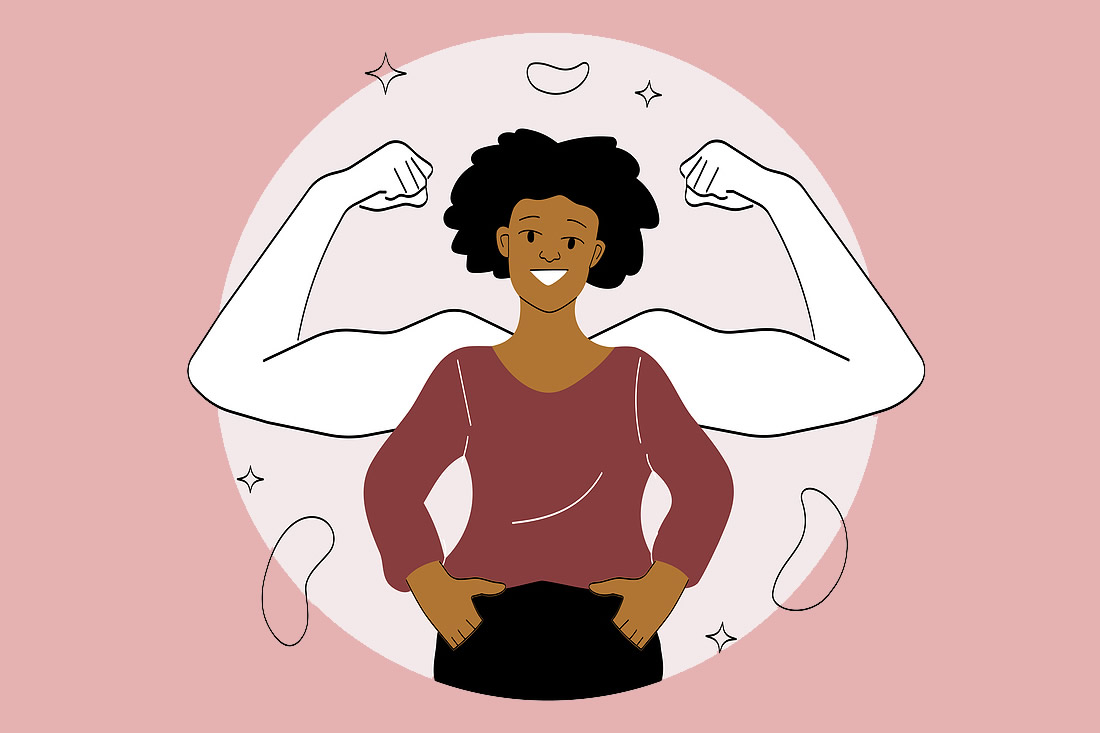The Double Whammy: Black Women Fundraisers Share their Stories

The following is a guest post written by Jacqueline House with the help of her fellow fundraisers. Jacqueline is the Vice President of Communications and Community Engagement at Safe Children Coalition, as well as a Capital Campaign Pro client.
Racial and gender bias, pay disparities, limited advancement opportunities, lack of representation, and lack of support are just the beginning of a long list of obstacles for Black fundraisers.
The Double Whammy Black Women Fundraisers Face: Racism and Sexism
Black women fundraisers face challenges bigger than most and experience a double whammy. That’s because they face both racism and sexism, both overt and unconscious bias, from donors, board, and staff members.
What was your path to capital campaign / major gifts fundraising?
Response #1:
Managing Director for BIPOC cultural center to Statewide arts advocate and funder to Corporate Funder to CEO Creative Youth Development Nonprofit. [I] needed to be in front of donors again to move from donor-centered to community-centered fundraising.
Response #2:
My path to fundraising, which I think is common, is that I happened upon the industry because I was in the right place at the right time. I did not plan to be a fundraiser, as a matter of fact, I didn’t know the industry existed. I ended up being on this path because someone else saw my potential and encouraged me to apply for a fundraising job.Since that time, I have loved all the different pieces that come together to make fundraising successful — relationship building, program creation, content creation, marketing, public relations — and how all the different elements come together to support those in our society who are less fortunate. I landed in capital campaign fundraising the same way: being in the right place at the right time and the only one with the experience and knowledge (or lack of knowledge, i.e., knowing when to go find a better answer!) to lead a campaign.
In meetings (board, staff, community, etc.) where you are in the minority, how have you perceived it to be an advantage or disadvantage?
Response #1:
I always apologize before I speak and sometimes even apologize mid-sentence if I sense I’m “too loud” or “too big with my energy.” People are often surprised by how articulate I am, but they are also quick to question my expertise, experience, or knowledge. I think it is because I look young. Let’s say that.
Response #2:
I have not perceived it to be an advantage in meetings per se. I perceive that those in meetings miscalculate my knowledge and experience and are surprised at the depth and breadth of my experience because they didn’t expect that I would have it in the package that is my blackness. Or that they underestimate the sophistication of my knowledge and experience. I use it to my advantage. I have no issues with the element of surprising coworkers, donors, and others. I quite like the strategy that aligns with “under promise and over deliver.” On the other hand, it is disheartening that anything less is expected.
Have you experienced untoward reactions to solicitations when soliciting white donors?
Response #1:
Just a lot of “advice” as if I don’t know what I’m doing. And also, that has been since I became a CEO. When I was going around the state doing advocacy and even when I was managing director of the Cultural Center I was always met with enthusiasm and, “Wow, you’re a great fundraiser and great speaker.” I think the untoward was around the work itself — at the Cultural Center was around a reticence to give to BIPOC work and the donors lived outside the “hood” and at the state it was “those artist folk” rhetoric that I had to work upstream against.
Response #2:
I have. I expect donors to be taken aback when it’s finally time to approach talking about the size of a gift in gift conversations, but in one situation the donor went beyond being taken aback to the point of me not communicating with them without a witness present. In all circumstances, I stayed true to the mission of why I needed to have conversations with them and helped them to see beyond communicating with me to how they could help the project become a reality.
Have you felt insecure in your role as a fundraiser? Why and how so, and how have you overcome those feelings?
Response #1:
Never. Not until I talked to a fundraiser from a Southern State and I was like, “Oh that isn’t how it is going down in the PNW.” But maybe it is and we’re so west coast nice that I don’t know. Maybe I would be getting bigger donations if I was white. I stand my ground in my expertise, knowledge, and experience.
Response #2:
Maybe in the beginning but not now. Experience breeds confidence. Although not an insecurity, there’s definitely a kind of overcoming when you’re the only Black person in the room with the task of raising funds from people who don’t look like you.
In your professional fundraising journey, are there any instances that you think would have gone differently if you were white?
Response #1:
Nope. But then again I hired a very white person to be my Director of Fundraising because she looked the part.
Response #2:
I think I probably would have advanced up the ladder a lot quicker than I have. Even in institutions where I could have advanced, because I had the skills, there was a bias — conscious or unconscious — about putting a Black woman in the room with white, mostly male, donors to solicit them for money — which really is not what we do. We invite donors to join us on the mission of making the world a better place.
Final thoughts on being Black in a majority white profession working with majority white donors
Response #1:
Leadership is different. It can be easy to see the fault in fund development as being because the leader is Black rather than the fact that donors and in some cases the board are looking for reasons for this person in leadership to fail so do not have the confidence that fundraising goals will be reached.
Response #2:
Because I’ve never been the majority in any room, there’s nothing to compare. I do think that being Black and a woman causes me to over prepare because I’m keenly aware of conscious — and more importantly — unconscious bias that exists because of how I look when I show up in a room, which is often a surprise until you physically see me.
With all the Obstacles to Success, Why Continue?
We continue because we thrive in the face of challenge and the work is rewarding. And just like our donors, board members, and staff on the front lines, we’re called to help people who are less fortunate, and to leave the world a better place than when we entered it.
So, giving up is not an option. Our only choice is to move forward.
Are you a BIPOC woman fundraiser? Share your experience in the comments below. In addition, check out this post for a variety of useful resources for Black fundraisers and Black-led nonprofits.
Lastly, our thanks to Jacqueline House for preparing these questions for our anonymous responders.
Free Capital Campaign Resources
Check out the many free campaign resources we offer to help you get a handle on your capital campaign.



Leave a Comment